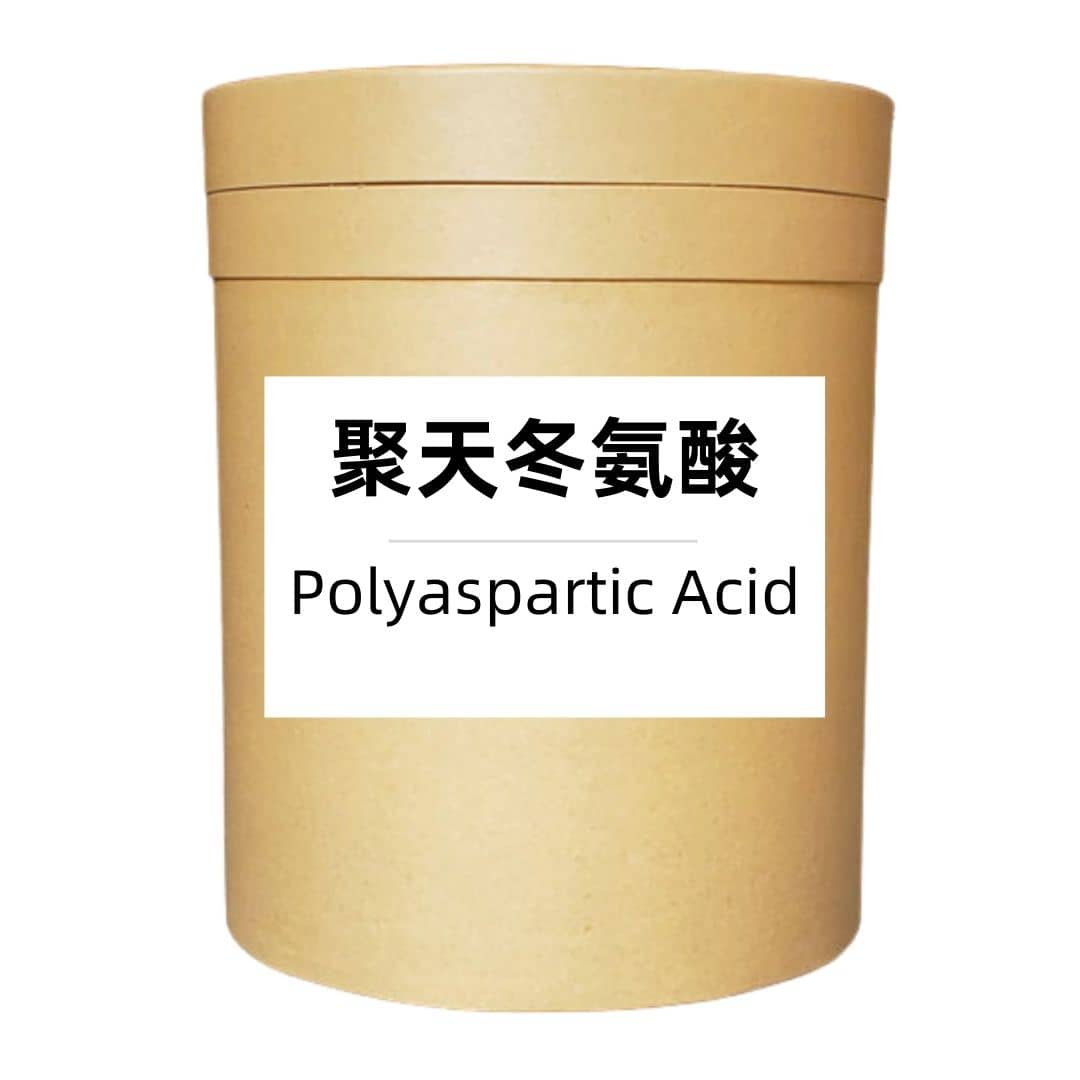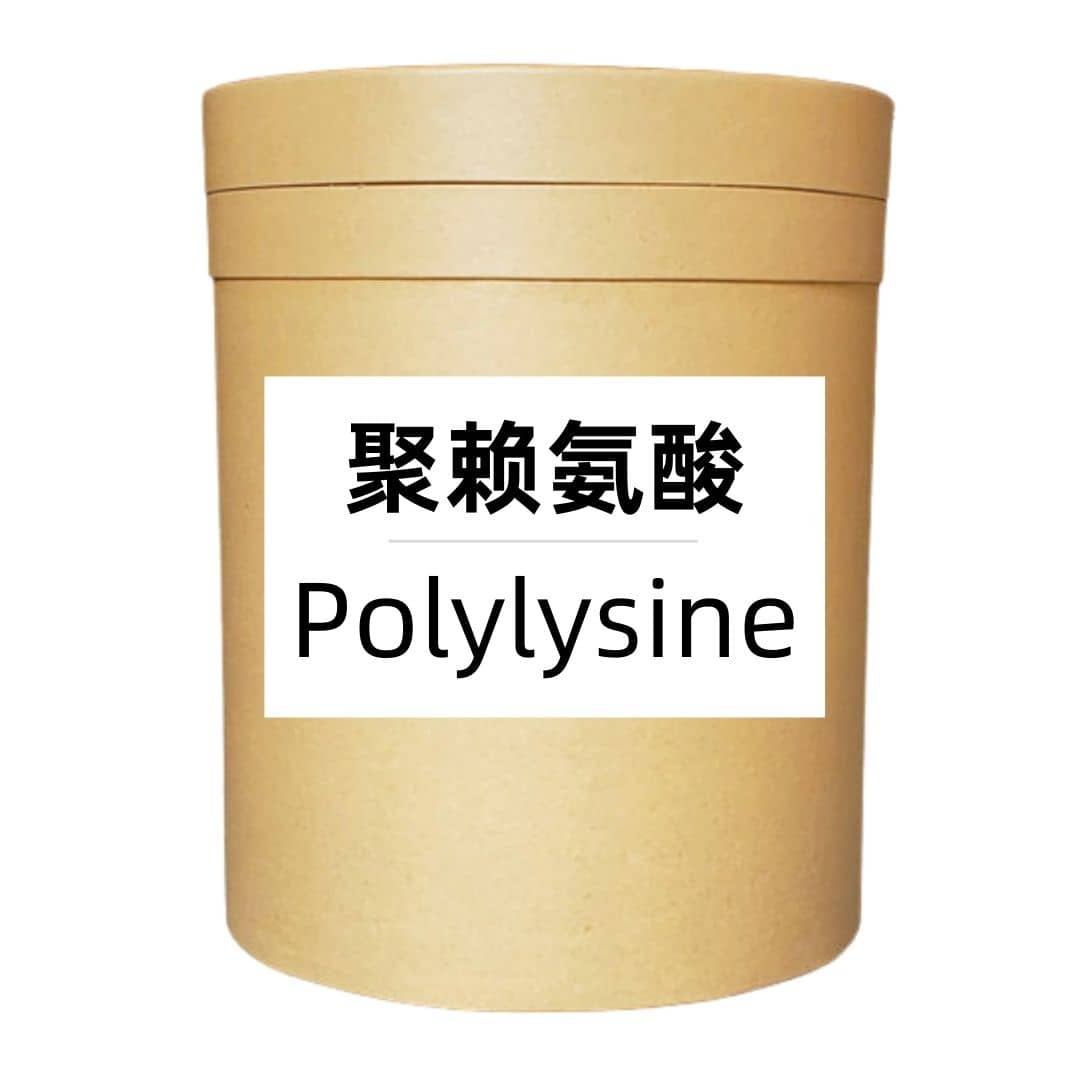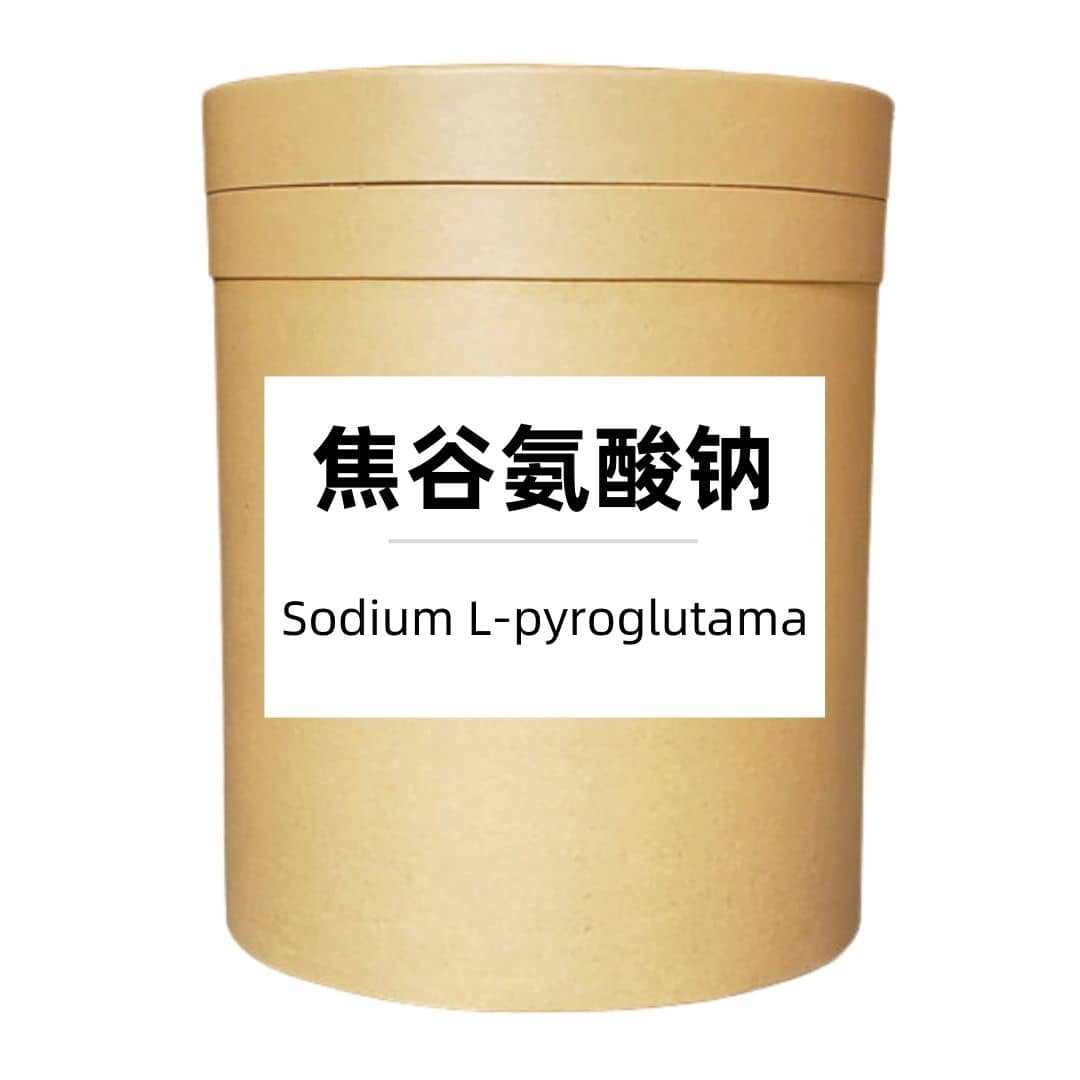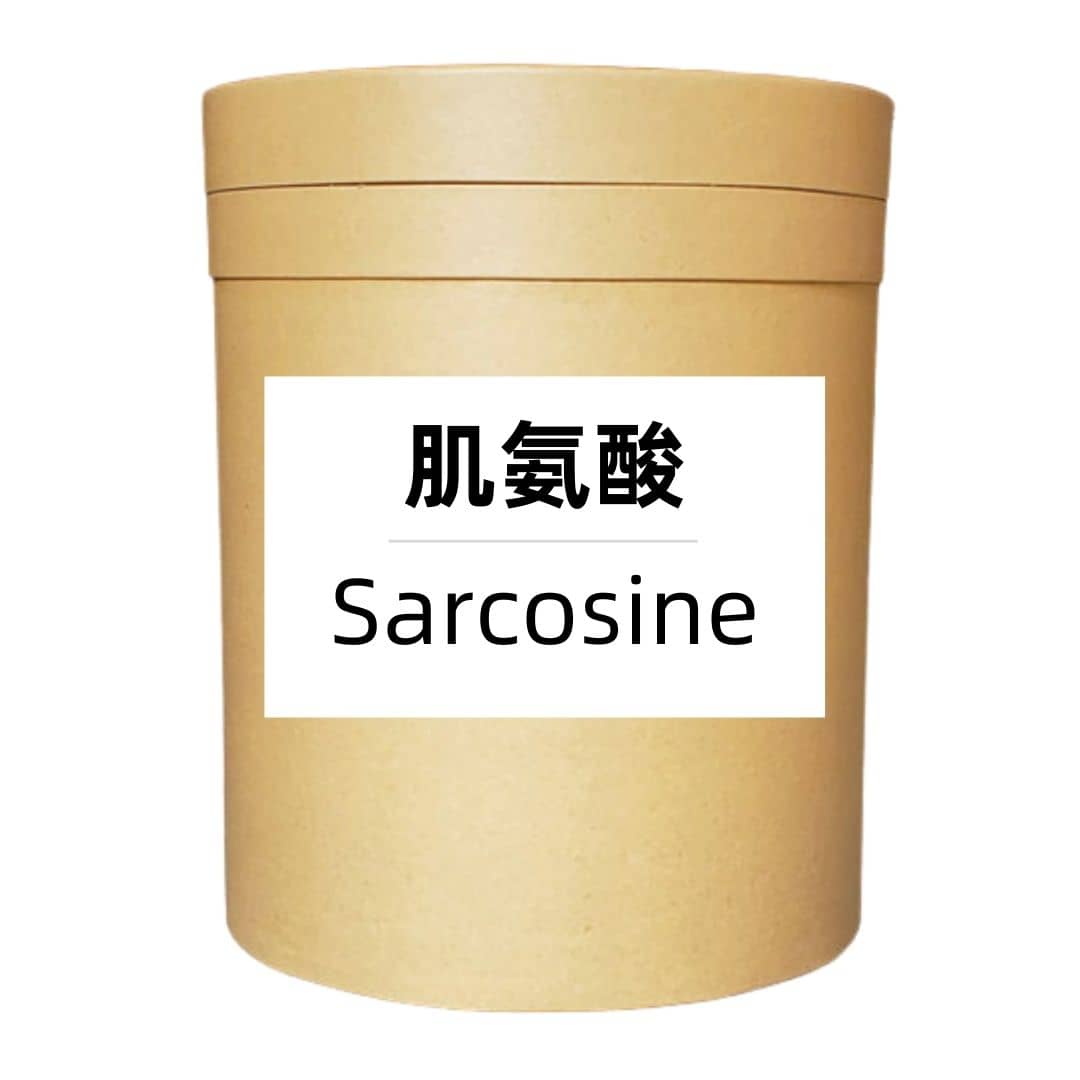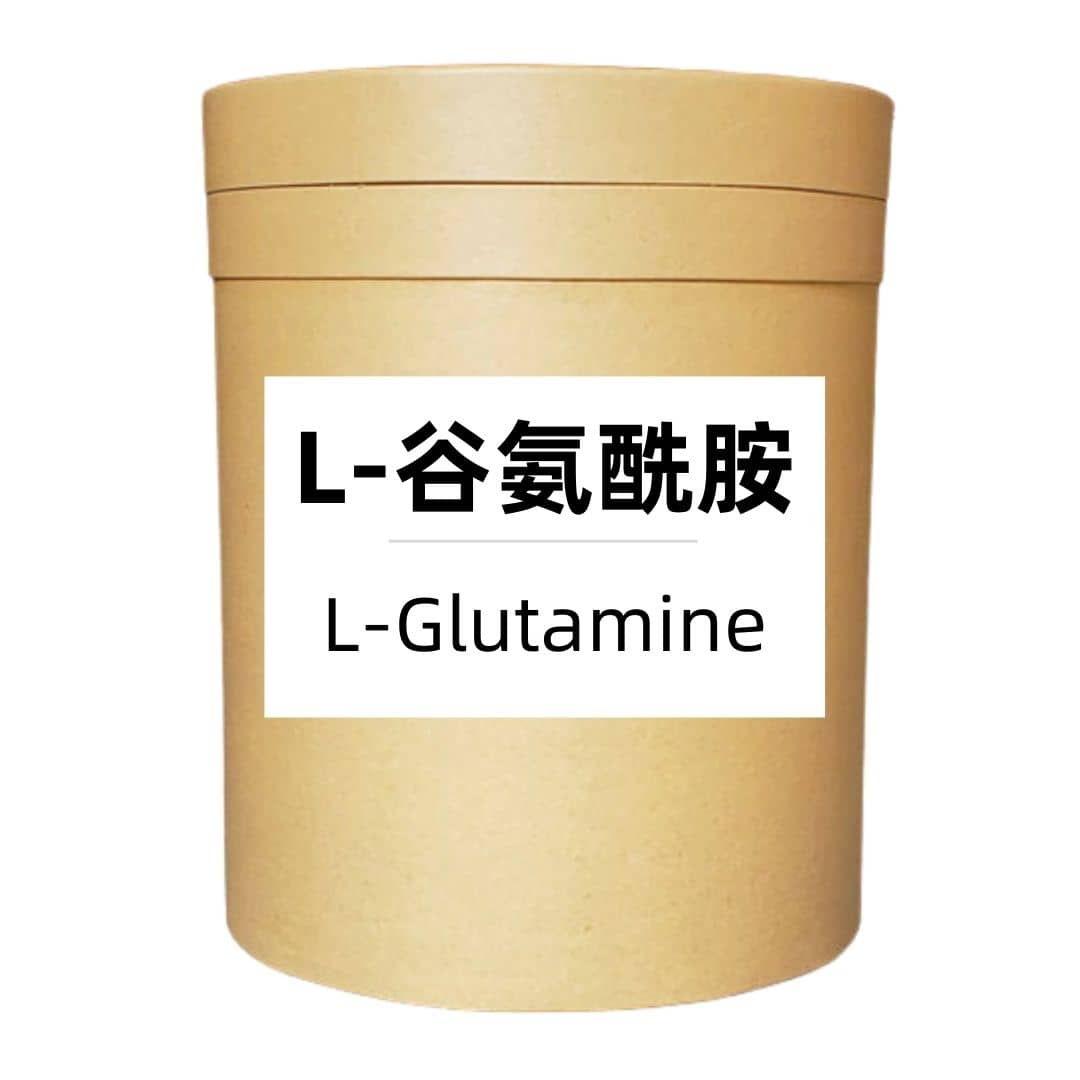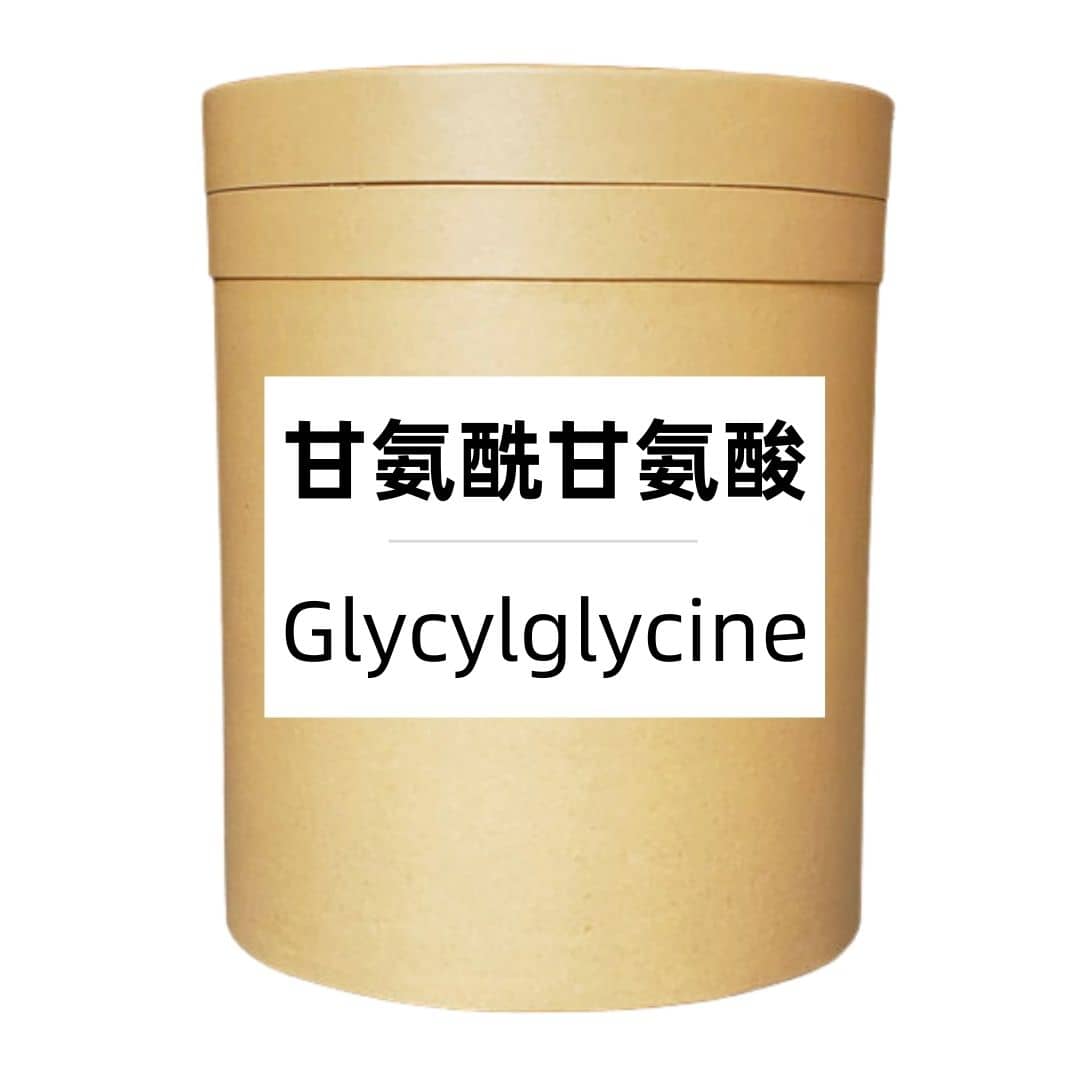Product Description
Methionine is an essential amino acid and a crucial nutrient that the human body cannot synthesize on its own. It is a component of proteins and can be obtained through food or supplements.
Methionine plays a role in protein synthesis, supporting normal growth and tissue repair. It also serves as a precursor to important substances such as collagen in skin, organic sulfur compounds, and thiamine (Vitamin B1).
Additionally, methionine has antioxidant properties that help neutralize free radicals, protecting the body from oxidative stress. It is involved in methylation reactions, regulating gene expression and maintaining normal cellular function.
Due to its significant physiological functions, methionine is widely used in the food, pharmaceutical, and cosmetic industries. In the food industry, methionine can be used as an additive to enhance nutritional value; in the pharmaceutical industry, it serves as a raw material for drug synthesis; in cosmetics, methionine is included for its moisturizing and anti-aging benefits.
Production Process
Methionine is typically produced through the following steps:
- Obtaining methionine intermediates via microbial fermentation or chemical synthesis.
- Refining and purifying intermediates to remove impurities and enhance product purity.
- Drying and packaging the methionine to obtain the finished product.
Throughout production, raw material quality, reaction conditions, and the manufacturing environment are strictly controlled to ensure product quality and safety. Quality control and regulatory compliance are implemented to meet industry standards.
Benefits and Functions
Methionine has a range of benefits and functions, including:
- Protein Synthesis: Methionine is a component of proteins, facilitating the construction and repair of body cells.
- Source of Organic Sulfur: Methionine is a precursor to organic sulfur compounds like coenzyme A and thiamine, essential for metabolic processes.
- Antioxidant: Methionine acts as an antioxidant, helping to eliminate free radicals and reduce oxidative damage, supporting overall health.
- Liver Protection: Methionine aids in the removal of toxins and waste from the body, supporting liver function.
- Anti-Aging: Methionine is widely used in skincare products for its moisturizing and anti-aging effects, enhancing skin texture, elasticity, and radiance.
Application Scenarios
Methionine is used across various industries, with common applications including:
- Food Industry: As a food additive, methionine boosts nutritional value and enhances taste and texture. Commonly used in meat products, baked goods, seasonings, and more.
- Pharmaceutical Industry: Methionine serves as a raw material in drug synthesis and as an ingredient in oral liver-protective medications.
- Cosmetic Industry: Methionine acts as a moisturizing agent in skincare, protecting and improving skin texture.
- Health Supplements: Methionine is commonly included in nutritional supplements to meet amino acid needs, especially for athletes, fitness enthusiasts, and those looking to build muscle mass.
When using methionine and related products, follow the recommended dosage and usage instructions, considering personal needs and consulting a professional as necessary.
Packaging and Storage
- Storage Conditions: Keep sealed and protected from light, avoid high temperatures, store in a cool, dry, well-ventilated area.
- Packaging Options: Bulk packaging in 25 kg cardboard barrels, samples in 1 kg aluminum bags, or customized packaging as per client requirements.
- Shipping Method: Courier or freight, domestic courier delivery within 3 days, freight within 5 days; quotes generally include domestic shipping costs.
- Shelf Life: Two years
Monica Sun possesses extensive technical expertise and market insights in the food additives industry. She excels in designing efficient and safe additive formulations tailored to various food applications, ranging from sweeteners to functional dietary fibers. Monica has successfully assisted food manufacturers in optimizing ingredient combinations to enhance product quality and improve consumer satisfaction.









